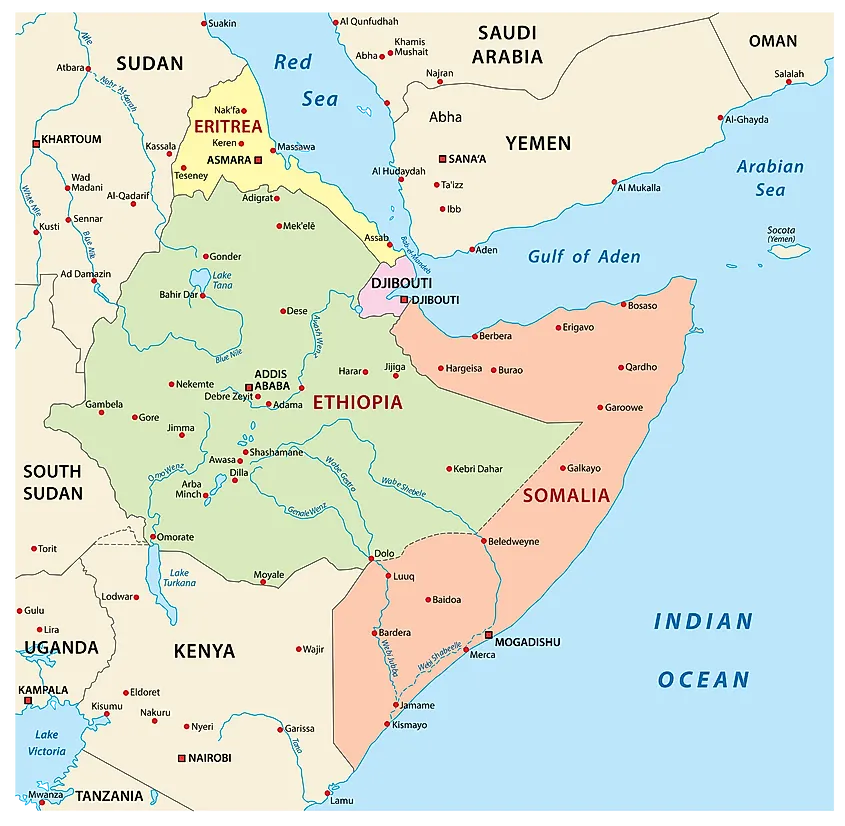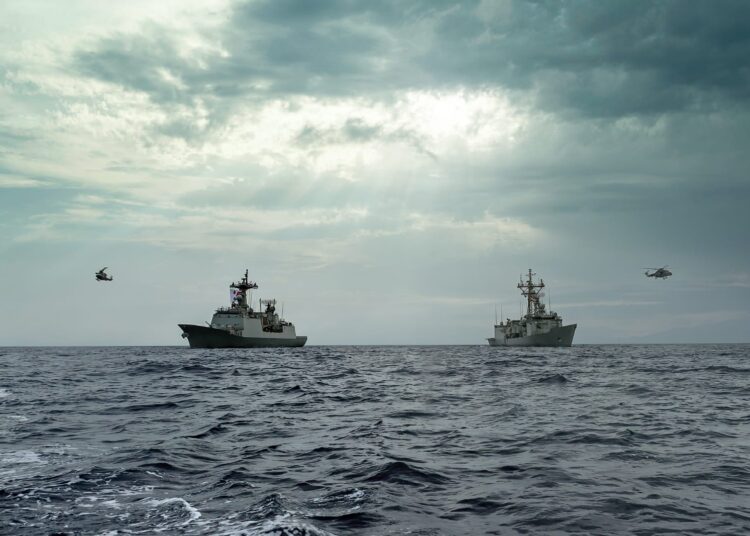Levent Kenez/Stockholm
The Turkish Parliament on Wednesday approved a presidential motion extending the mission of the Turkish Navy in the Gulf of Aden, Somali territorial waters and vicinity and the Arabian Sea and surrounding areas for another year, starting February 10. The opposition criticizes Turkey’s involvement in the regional conflict, especially following the escalation prompted by Houthi attacks on commercial vessels bound for Israel.
The motion highlights the United Nations Security Council resolutions adopted in 2008 regarding maritime piracy and incidents of armed robbery occurring in the region. It recalls the Turkish Parliament’s decision on February 10, 2009 granting permission for the deployment of Turkish naval elements to operate in the region specified.
Having been extended 14 times in one-year increments until now, the motion emphasizes the active role of the Turkish Navy in safeguarding the security of Turkish-flagged and Turkey-related commercial vessels in the region. It also underlines Turkey’s commitment to collaborative efforts against maritime piracy, armed robbery and terrorism at sea as well as its support for humanitarian aid activities in the specified areas.
The motion also credits the Turkish Navy with enhancing operational effectiveness and experience in the region, fostering cooperation with relevant countries and reinforcing Turkey’s role and visibility on a regional and global scale within the United Nations system.
On January 11 the United States and United Kingdom conducted airstrikes targeting Houthi-controlled areas in Yemen. This action represents a substantial response following warnings from the administration of US President Joe Biden and its allies that the Iran-backed militant group would face consequences for its attacks on commercial shipping in the Red Sea.
However, Erdogan addressed the attacks on the Houthis by the US and the UK, stating that they are currently eager to turn the Red Sea into a pool of blood. He mentioned that Yemen, utilizing all its forces against the Houthis, is asserting that it will give the necessary response to any country, whether it be the United States or the United Kingdom. Erdogan emphasized that there is no room for complacency in this matter. “We are currently receiving various reports through different channels that the Houthis have successfully defended themselves against both the United States and the United Kingdom, providing successful responses,” he said.

Former ambassador and current lawmaker from the main opposition Republican People’s Party’s (CHP) Namık Tan expressed concern over Turkey’s involvement in the regional turmoil and putting the country at risk. Pointing out President Recep Tayyip Erdogan’s negative stance on Shia governments and parties, Tan found it astonishing that Erdogan’s support for the Houthis contradicts even his own foreign policy line, especially considering the close ties between the ruling party and Saudi Arabia and the United Arab Emirates. He expressed curiosity about how Erdogan’s allies in Saudi Arabia and the UAE would respond to this unexpected support for the Houthis.
In recent years the Gulf of Aden has come into the spotlight due to piracy, terrorism and human trafficking. The political atmosphere in the gulf, situated between Somalia and Yemen, is marked by conflicts between Somali pirates and the Saudi Arabia-backed coalition in Yemen as well as the Iran-backed Houthi rebels. International organizations issue warnings to commercial ships passing through this region.
An attack on an Israel-linked ship during a ceasefire between Israel and Hamas initiated due to a hostage exchange gained international attention. Pirate activities in the waters off Somalia, which initially emerged as a threat to international fishing vessels in the early 2000s but escalated into a problem for international maritime transportation during the 2006-2009 war in Somalia, primarily involved former Somali fishermen. These pirates attacked and hijacked merchant ships in the Gulf of Aden, the Guardafui Channel and the Somali Sea, demanding ransom.
Although attacks have significantly decreased since 2013, piracy activities persist, especially around the Gulf of Aden, with international organizations issuing warnings to mariners in the region. The influence of Houthi control of some parts of Yemen is a significant factor contributing to this situation.
Turkey maintains close relations with Somalia in the Gulf of Aden. Since 2011 Turkey has had a robust alliance with Somalia, initially stepping in to provide humanitarian aid during a famine. As part of its endeavors to bolster the country’s reconstruction, Turkey has actively engaged in various initiatives, including the establishment of schools, training programs for Somali soldiers and the implementation of infrastructure projects. Over the past decade Turkey has significantly expanded its presence in Somalia, constructing a military base in the capital city and assuming control of vital infrastructural assets such as Aden Adde International Airport and the Port of Mogadishu, overseen by entities associated with President Erdogan.
In 2017 Turkey established its largest foreign military base, Camp TURKSOM, in Mogadishu, marking a significant escalation of Ankara’s involvement in the Horn of Africa nation. Spanning an area of four square kilometers and reportedly costing $50 million, the military training facility has the capacity to simultaneously train up to 1,500 soldiers.
In 2020 Turkey secured a series of concessions facilitating the exploration of oil, gas and mining prospects in Somalia, enabling both private and state-owned companies to explore energy opportunities in the country.
The motion approved by the Turkish Parliament:












